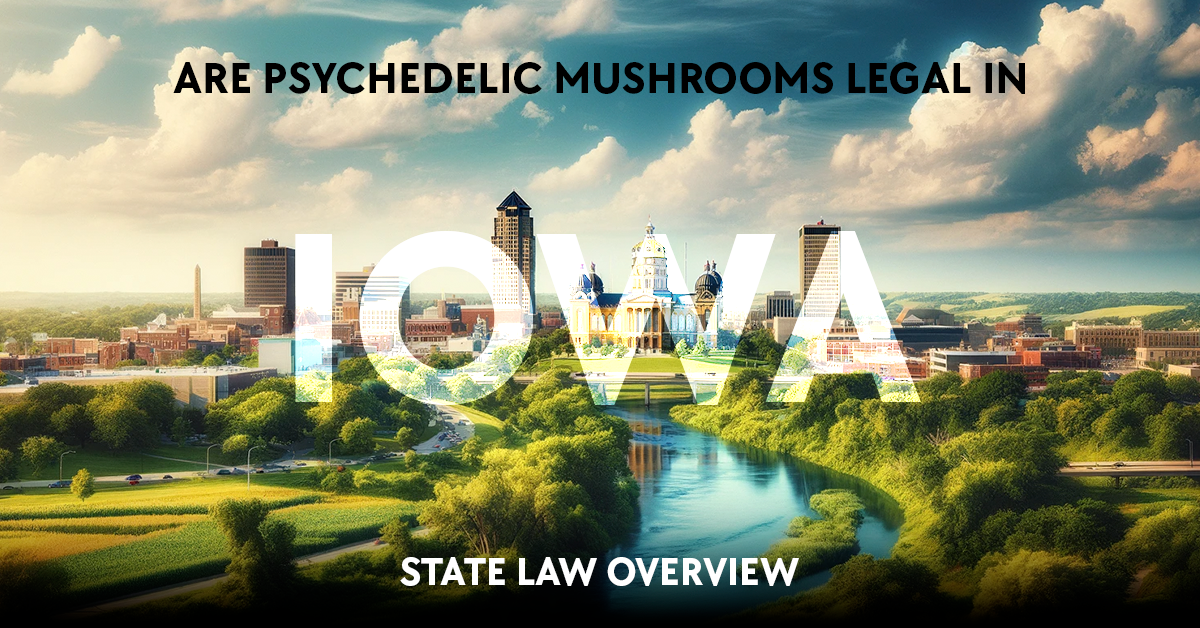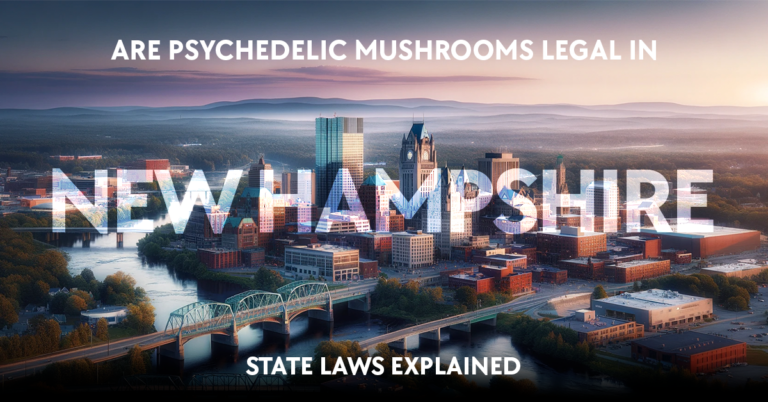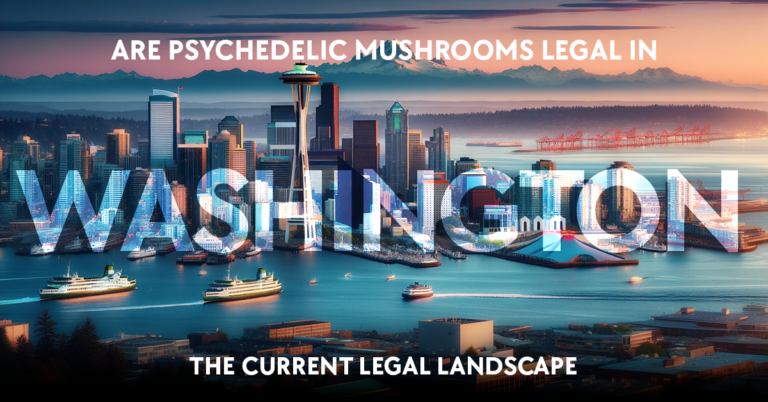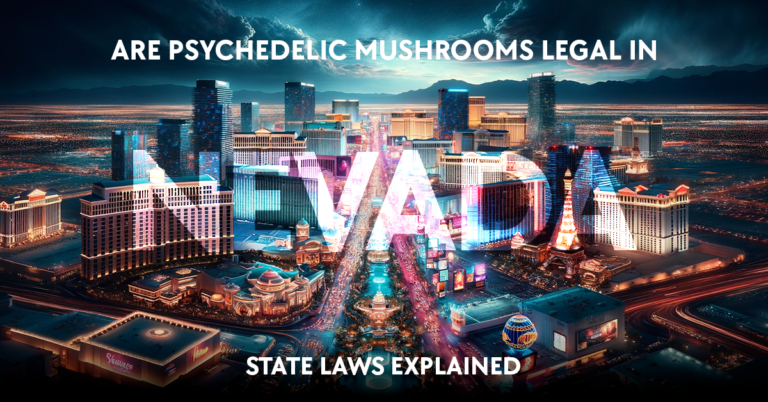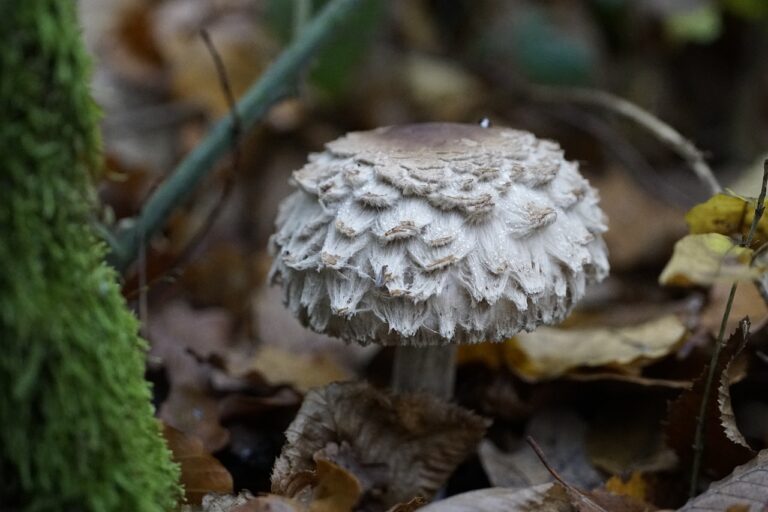When discussing the legality of psychedelic mushrooms in Iowa, it’s essential to look at both state and federal regulations. Under federal law, psilocybin, the active compound in psychedelic mushrooms, is classified as a Schedule I controlled substance. This means that it is illegal to manufacture, distribute, or possess psilocybin in any form, including psychedelic mushrooms, across the United States, including in Iowa.
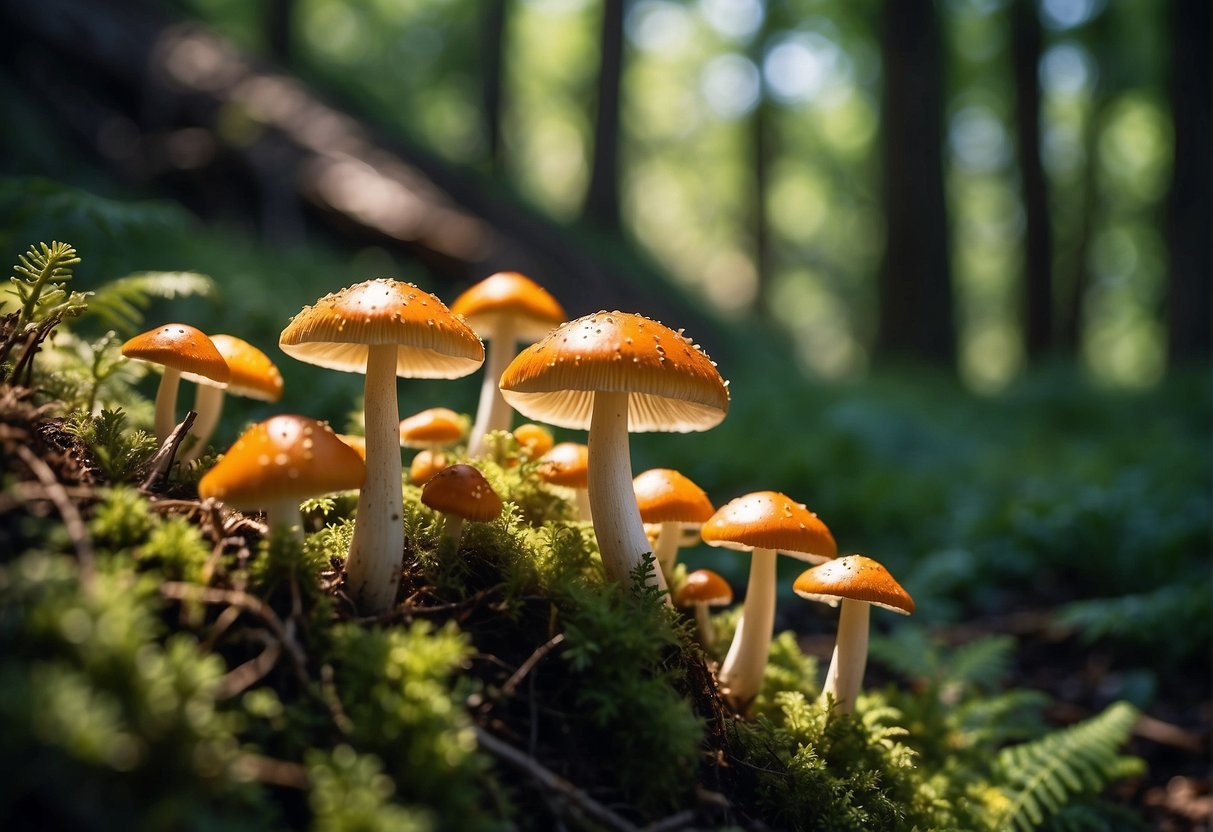
In Iowa, there has been no legislation passed to decriminalize or legalize psychedelic mushrooms for either recreational or medicinal use. This aligns with federal law, ensuring that the possession, sale, or cultivation of these substances remains illegal within the state’s jurisdiction. Enforcement of these laws is an ongoing activity by Iowa law enforcement agencies.
However, conversations around drug policy reform suggest that perspectives on substances like psychedelic mushrooms may evolve over time. For instance, some jurisdictions in the United States have initiated movements to decriminalize natural psychedelics, signaling a potential shift in how these substances are viewed from a legal standpoint. While no such reform has taken place in Iowa, keeping informed about local laws and any changes that occur is critical for anyone interested in the legal status of psychedelic mushrooms in the state.
Legal Status of Psychedelic Mushrooms in Iowa
Table of Contents
https://www.youtube.com/watch?v=d2E7mOwJNl4&embed=true
As you navigate the legal landscape surrounding psychedelic mushrooms in Iowa, it’s crucial to understand the current laws and the Controlled Substances Act as they relate to psilocybin-containing fungi.
Current Laws and Regulations
Under Iowa Code Ann. Section 124.203, psychedelic mushrooms are classified as a Schedule I controlled substance. This categorization means that psilocybin, the active compound in psychedelic mushrooms, is viewed as having a high potential for abuse, and the state does not recognize any accepted medical use for these substances. As a Schedule I drug, the possession, sale, or manufacture of psychedelic mushrooms carries significant legal consequences.
- Possession: Holding even a small amount for personal use is illegal and can result in severe penalties.
- Sale or Manufacture: These offenses attract even harsher penalties, with potential for substantial fines and imprisonment.
Controlled Substances Act
Falling under the Controlled Substances Act means that psychedelic mushrooms are in the most restrictive category of drugs. Should you be found with these substances, you could face:
- Fines: Monetary penalties which can be quite high, depending on the nature and quantity of the substance in question.
- Imprisonment: Possessing or distributing psychedelic mushrooms can lead to a prison sentence, reflective of the substance’s Schedule I status.
It’s essential to abide by these regulations to avoid legal troubles. If you have legal questions or require advice, consult with a licensed attorney who can provide guidance tailored to your situation.
Historical Context and Lawmaking

In the scope of Iowa’s legal landscape, your understanding of the status of psychedelic mushrooms hinges on historical events and lawmaking practices. Iowa has seen legislative endeavors aimed at modifying the legal status of psychedelics.
Past Legislation Attempts
In 2020, an initiative was noticed when a bill surfaced in the Iowa statehouse aiming to change the criminal penalties associated with psychedelic substances. While it didn’t specifically legalize psilocybin, the bill was a clear signal that discussion on the topic had entered the conservative state’s legislative realm. The subcommittee assigned to deliberate on the bill consisted of both Republican and Democratic members, reflecting the bipartisan interest in reassessing drug laws.
Iowa Lawmaker Perspectives
Your attention should focus on the perspectives of Iowa lawmakers who maneuver through the fine balance of the state’s conservative stance and the emerging discourse around drug policy reform. Republican lawmakers, traditionally less inclined toward legalization, play pivotal roles in advancing bills through the statehouse. The debate among lawmakers often reflects a wider national conversation, revealing a complex tapestry of conservatism, progressive ideas, and public health considerations.
Remember that any legislative progress or stagnation is a culmination of shifting lawmaker perspectives within the context of historical precedence.
Decriminalization Efforts and Advocacy
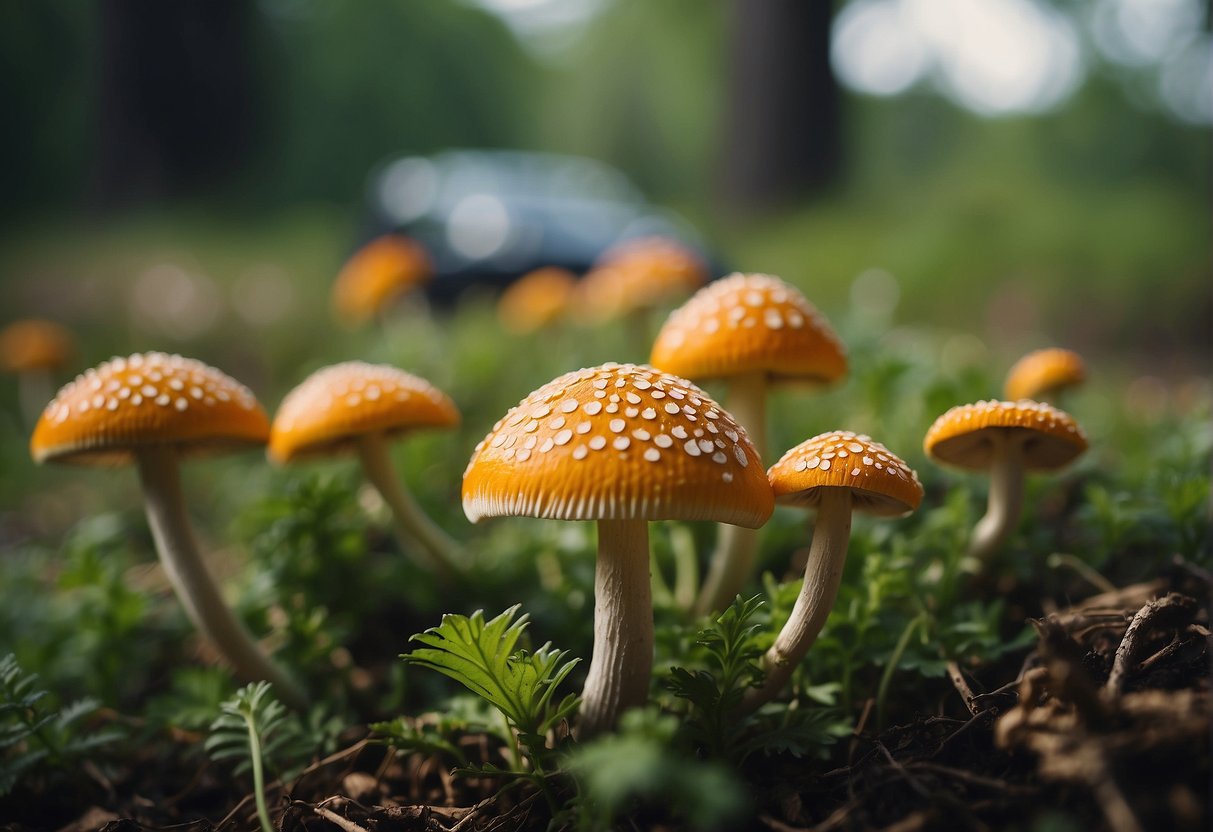
As you explore the landscape of psychedelic law reform in Iowa, you’ll come across concerted efforts for decriminalization as well as strong support from various professionals and advocacy groups.
Decriminalize Nature Movement
The Decriminalize Nature movement has had a significant impact in shaping the discourse around psychedelic substances like psilocybin mushrooms. Local chapters of the organization have been instrumental in pushing for policy changes that would deprioritize the enforcement of laws prohibiting the use of these substances. Your awareness of these efforts is vital as they lay the groundwork for shifts in public policy and perception.
Support from Professionals and Advocates
Within the professional and advocacy communities, figures like Shannon Myers, a lobbyist, play a pivotal role. Myers, advocating for changes, represents broader support that includes legal experts, medical professionals, and civil society leaders. Additionally, individuals like Chuck Hurley from the Family Leader have expressed concerns, highlighting the multifaceted nature of the debate on decriminalization. Understanding the push and pull from such professionals and advocates helps you grasp the nuanced dynamics at play in this ongoing legal evolution.
Medical Research and Psychedelic Therapy

As you consider current trends in medical research, it’s essential to recognize the significant strides in psychedelic therapy, particularly with substances like psilocybin. Researchers are focusing on its potential to treat an array of mental health conditions, where severe depression, PTSD, and anxiety are the key targets.
Clinical Trials on Psilocybin
Federal Approval: Clinical trials for psilocybin, the active compound in psychedelic mushrooms, require authorization, with the FDA overseeing much of this research. Doctors and scientists are rigorously testing psilocybin in controlled settings to establish its medical value and therapeutic potential.
Current State: Psilocybin remains a Schedule I substance under federal law, but clinical trials suggest potential changes may occur contingent on substantial evidence of its benefits and safety profile. Iowa has seen efforts, such as those in New York and Iowa, to alter psilocybin’s legal status to facilitate medical use and research.
Potential Benefits for Mental Health
Addressing Difficult Disorders: Investigations into psilocybin have demonstrated promise in addressing severe depression, anxiety, and PTSD. Researchers are uncovering how it could reshape treatment approaches for mental health disorders resistant to traditional therapies.
Addiction Treatment: There is also movement toward using psilocybin-assisted therapy for certain addiction disorders, with the premise that it can help break the cycle of dependency. The ultimate goal of these trials and studies is to determine safe and effective protocols for medical use.
Psychedelic Substances Beyond Mushrooms
As Iowa examines the legality of psychedelic mushrooms, it’s important to consider the framework for other psychedelics and substances similarly classified under the law. The comparison with other Schedule I drugs and evolving legislation demonstrate the complexity surrounding the status of these substances.
Comparison with Other Schedule I Drugs
Psychedelic mushrooms are listed as a **Schedule I
Consequences and Risks of Use
When considering the use of psychedelic mushrooms, you need to be aware that both legal repercussions and health concerns are significant. The following subsections will provide details on what you might encounter with regard to law and personal safety.
Legal Penalties for Possession and Sale
Possession: In Iowa, possession of psychedelic mushrooms is considered illegal. If caught, you could face criminal charges. The exact penalty depends on the amount in possession, but it generally includes a fine and could potentially include jail time.
- First Offense: This is considered a serious misdemeanor, which could result in up to one year in jail and a fine between $315 and $1,875.
- Subsequent Offenses: These are aggravated misdemeanors or felonies with penalties increasing to several years in prison and larger fines.
Sale: The sale of psychedelic mushrooms is treated even more severely. It typically falls under a felony charge, which means you could face long-term imprisonment and even larger fines.
- First Offense: Penalties include up to five years in prison and a fine of up to $7,500.
- Greater Quantities: If caught selling larger amounts, you could be looking at up to 25 years in prison.
Health and Safety Concerns
Safety: Using psychedelic mushrooms exposes you to risks such as impaired judgment, which can lead to accidents or injury. There’s also potential for experiencing distressing hallucinations or “bad trips”.
Addiction and Substance Abuse: While research suggests that psychedelic mushrooms have a lower risk of addiction compared to other substances, there is still the potential for psychological dependency, especially if used as an escape from reality or to cope with mental health issues.
Legalize Psychedelic Mushrooms: It’s sometimes argued that psychedelic mushrooms could be legalized for therapeutic uses, as seen in some jurisdictions. However, as of now in Iowa, no such legal status exists, and using these substances can have significant consequences to your freedom and health.
Public Perception and Societal Impact
As you explore the landscape of psychedelic mushrooms in Iowa, it’s vital to understand the intricate web of public opinion and the substantial societal implications they encompass.
Cultural and Religious Views
Iowans display a diverse range of attitudes toward psychedelic mushrooms, which are influenced by cultural and religious beliefs. For some, psychedelic mushrooms are seen as a gateway to existential anxiety alleviation and creativity enhancement. Within certain religious groups, these substances are integral to spiritual practices and ceremonies, as reflected in the movements that leverage psychedelic sacraments.
Effect on Community and Drug Addiction
The legalization of psychedelic substances can significantly affect community dynamics, particularly concerning drug addiction. Public opinion is split; while some support legalization citing the potential benefits for individuals struggling with alcohol addiction, others raise concerns regarding the potential for drug abuse. Rehabilitation counselors in Iowa might emphasize the therapeutic potential of psychedelics when applied in controlled, clinical environments, potentially opening new pathways for addressing substance dependency.
Regulations and Control Measures
Your understanding of the legal status of psilocybin mushrooms, a type of psychedelic, is crucial due to the layers of law and diverse regulations at play. Specifics on age restrictions, permitted distribution channels, and the dichotomy between state and federal positions outline the landscape of psilocybin regulation.
Age Restrictions and Distribution Laws
In the state of Iowa, as with many jurisdictions, the distribution and use of psilocybin mushrooms remain illegal for all ages. There are no provisions for recreational or medicinal use, and no distribution channels are legally recognized within the state. Violation of these distribution laws can lead to significant legal consequences.
State vs Federal Legal Framework
At the federal level, psilocybin is classified as a Schedule I drug under the Controlled Substances Act, indicating no accepted medical use and a high potential for abuse. This classification means that, despite any state law changes, federal prohibition remains in effect. However, there have been movements, like in Denver, to decriminalize psilocybin at local levels, but such changes have yet to influence laws in Iowa. It’s important to be aware of federal restrictions that override state legislation, maintaining the illegality of psilocybin mushrooms nationwide.
Future Prospects and Political Climate
As you evaluate the status of psychedelic mushrooms in Iowa, clear trends emerge indicating the potential for change and the significant role that the political landscape plays in shaping drug policy.
Potential for Policy Change
In Iowa, the conversation around psychedelic reform is evolving. Representative Jeff Shipley has been a proponent of reclassifying not only marijuana but also psilocybin, the psychoactive compound in psychedelic mushrooms, potentially for medical use. Your understanding of legalization is critical when considering that Iowa may follow in the footsteps of states that have initiated statehouse hearings on the substance. Shipley’s amendment to a broader health bill suggests there is political will within the state for at least some degree of reform.
Influence of the Political Environment
The political environment in Iowa is a multifaceted landscape. Your awareness of the state’s legislative trends is vital. Iowa lawmakers portray a spectrum of opinions on drug policy, with discussions influenced by broader national shifts towards plant-based therapies and decriminalization efforts. Although medical marijuana has gained legal acceptance in Iowa, indicating an openness to alternative treatments, broader legalization of psychedelics will require sustained advocacy and favorable political conditions.
Frequently Asked Questions
When it comes to psychedelic mushrooms, also known as psilocybin mushrooms, you might have questions about their legal status, especially if you’re in Iowa. This section addresses some of the most common inquiries.
What is the current legal status of psilocybin mushrooms in Iowa?
Psilocybin mushrooms are classified as a Schedule I controlled substance in Iowa, making their possession, sale, or cultivation illegal under state law.
Are there any exceptions for the use of psychedelic mushrooms in a religious or medicinal context within Iowa?
Currently, in Iowa, there are no legal exemptions that allow for the use of psychedelic mushrooms, neither for medicinal purposes nor religious ceremonies.
Has there been any recent legislation in Iowa that affects the legality of psychedelic mushrooms?
As of the last update, there has been no recent legislation passed in Iowa that changes the legal status of psychedelic mushrooms.
Are there any ongoing legal discussions or debates about the use of psilocybin in Iowa?
There were discussions following initiatives in other areas of the United States, but thus far, no concrete legislative measures have been proposed or debated at length in Iowa’s legislative bodies regarding psilocybin.
What are the penalties for possession or distribution of psychedelic mushrooms in Iowa?
Penalties for possession or distribution of psilocybin mushrooms in Iowa can range from severe criminal charges, potentially including fines and imprisonment, reflecting their Schedule I designation.
Can individuals grow psilocybin mushrooms in Iowa for personal use without facing legal repercussions?
No, individuals cannot legally grow psilocybin mushrooms in Iowa for any purpose, including personal use, without risking legal action against them.

